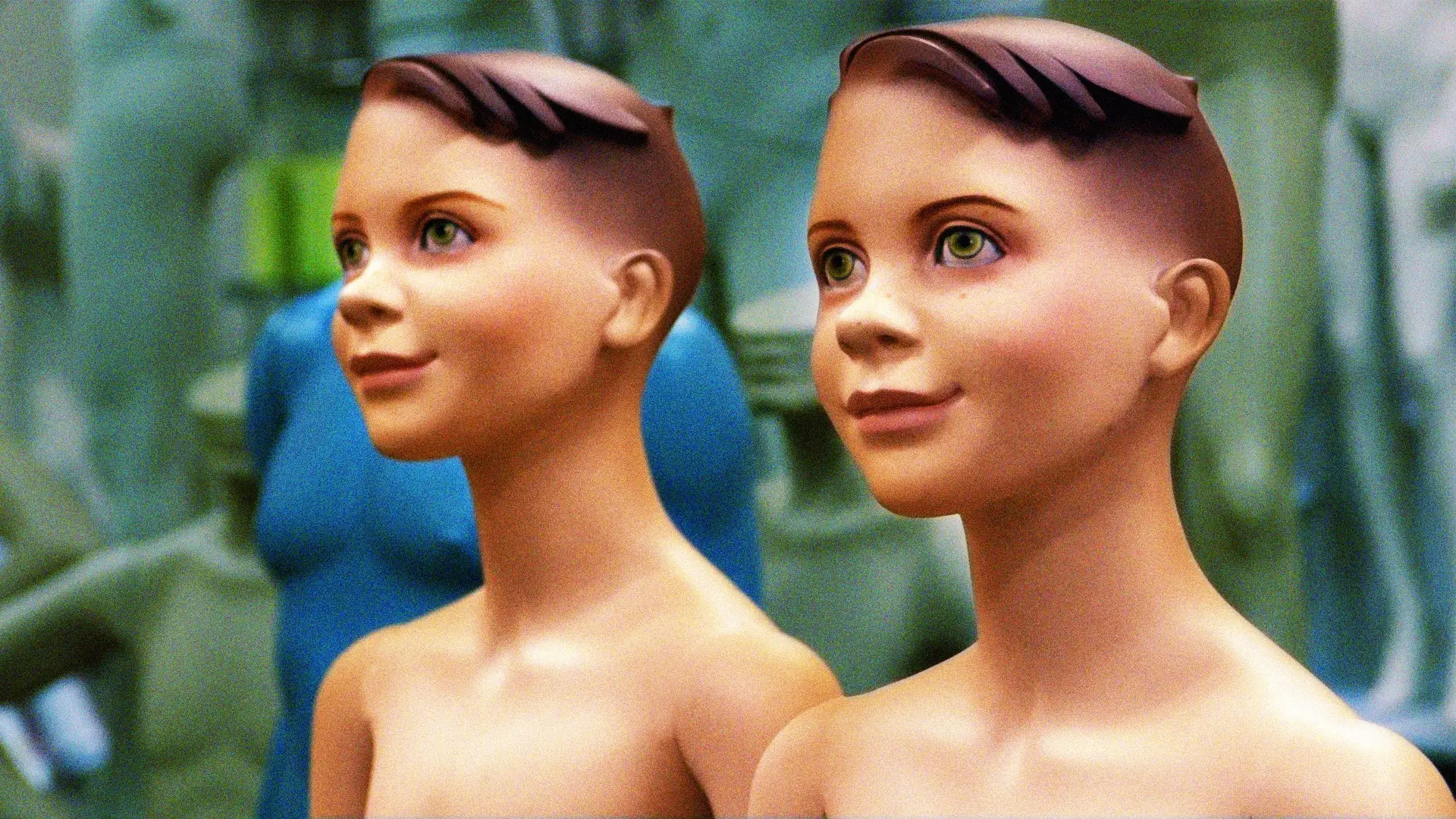Human cloning is the process of creating a genetically identical copy of a human being. It involves taking genetic material from an existing individual and using it to create an embryo, which is then implanted into a surrogate mother to develop into a cloned human fetus. There are two main types of human cloning: reproductive cloning and therapeutic cloning.
Reproductive cloning aims to create a cloned human being, while therapeutic cloning involves using cloning technology to create stem cells for medical purposes, such as tissue and organ transplantation or studying diseases. However, both types of human cloning are controversial and raise significant ethical, safety, and social concerns. Human cloning is a relatively new and experimental technology that has potential applications in various fields, including medical research, infertility treatment, and genetic preservation. In medical research, human cloning can be used to create embryonic stem cells, which can be used to study genetic diseases, develop new therapies, and create tissues and organs for transplantation. This could lead to significant advancements in medical treatment and could potentially save many lives. In terms of infertility treatment, human cloning could offer a way for infertile couples to have children that are genetically related to them. By creating a cloned embryo from the DNA of one of the parents, it would be possible to create a child with the same genetic makeup as one of the parents.
Another potential application of human cloning is in genetic preservation. Cloning could be used to preserve the genetic material of endangered or extinct species, which could have significant implications for conservation efforts. One of the potential benefits of human cloning is that it could advance medical research and treatment by allowing scientists to study and better understand genetic diseases, develop new therapies, and create tissue and organs for transplant purposes. Cloning could also offer a way for infertile couples to have children that are genetically related to them and could be a means of preserving the genetic material of endangered or extinct species.
However, it is important to note that there are significant ethical, safety, and social concerns associated with human cloning. Creating a genetically identical copy of a human being raises questions about the value and dignity of human life and could potentially lead to social inequalities. It raises questions about the value and dignity of human life and the potential risks and harms that cloning could pose to individuals and society. There are also safety risks associated with cloning technology, which is not yet fully understood, and concerns about the health risks to both the cloned individual and the surrogate mother who carries the cloned embryo. Additionally, cloning could have social implications, such as creating a new class of genetically superior individuals or exacerbating existing inequalities in society.
In summary, while human cloning has potential benefits for medical research and treatment, it also presents significant ethical and safety concerns that need to be carefully considered and addressed. Therefore, while human cloning has potential applications in modern technology, it is essential to carefully consider the ethical, safety, and social implications of this technology before any applications are approved. Further research in the field is necessary to ensure that any applications of human cloning are conducted ethically and responsibly.








